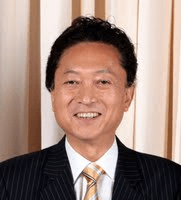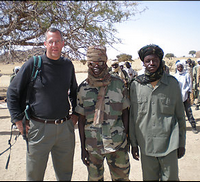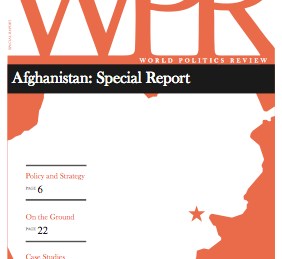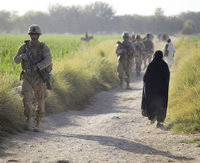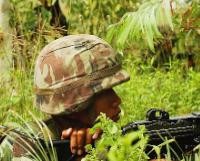
YALA, Thailand — After more than five years, Thailand’s Muslim insurgency shows no signs of abating. But neither is there any sign of it expanding or joining the ranks of international terrorism. Instead it remains localized, which is where the Thai government hopes it will remain. Some security analysts had been concerned about the possibility of connections to al-Qaida-linked extremist groups, especially the Indonesian-based Jemaah Islamiyah (JI). JI was responsible for the 2002 Bali bombings that killed 202 people on the resort island, and is dedicated to establishing an Islamic state encompassing Indonesia, Malaysia, Singapore, Brunei, the southern Philippines and […]

